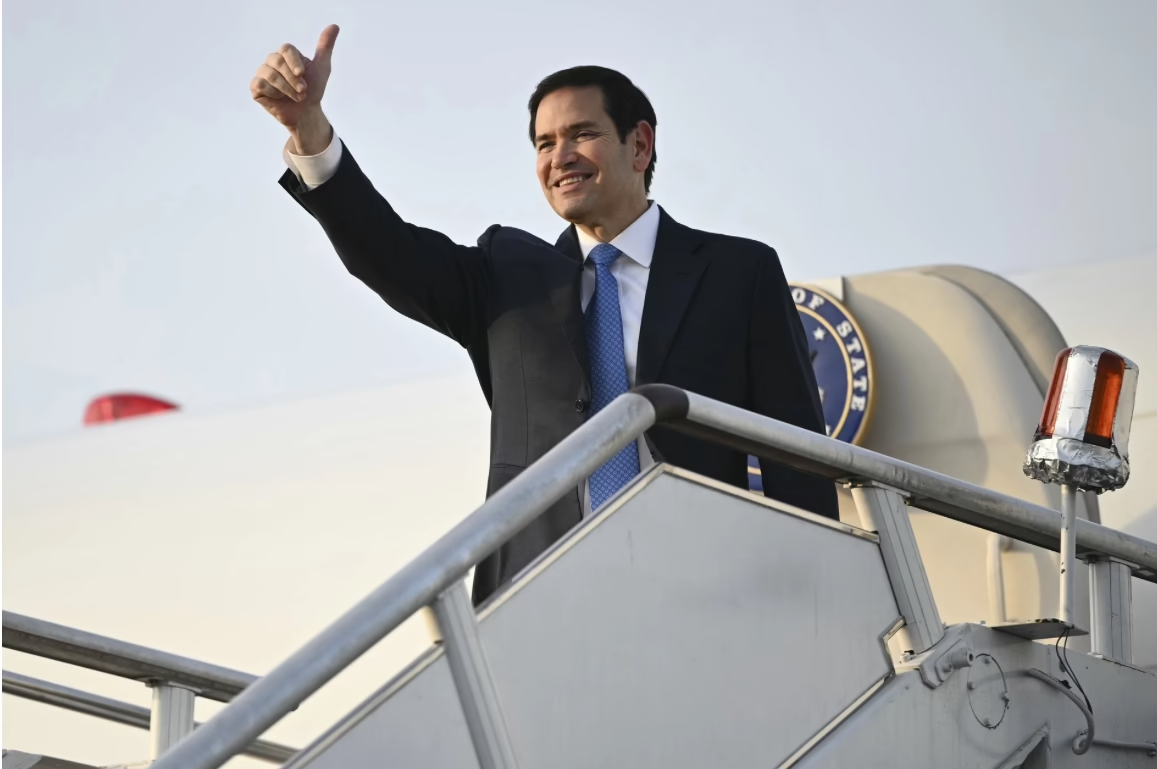U.S. Visa Applicants Face Steep Financial Barrier: Embassy to Impose Bond of $5,000–$15,000 Starting August 20, 2025

Beginning August 20, 2025, the United States Embassy has announced a major policy shift that will significantly impact visa applicants from selected countries, including Ghana. As part of intensified efforts to address visa overstays and improve compliance, the Embassy will begin charging a mandatory visa bond ranging from $5,000 to $15,000 for certain categories of applicants under the B1/B2 (tourism and business) visa classification.
The new bond policy, which was previously piloted under a temporary program during the Trump administration, is now being reintroduced with broader and more permanent enforcement mechanisms. According to officials, this measure is aimed at “ensuring the timely return of visitors to their home countries” and “discouraging abuse of temporary visa privileges.”
Who Will Be Affected?
Sources close to the embassy reveal that the bond will apply primarily to applicants considered “high-risk” for overstaying—typically first-time travelers with limited travel history or weak economic ties to their home country. Specific details on eligibility, payment methods, and refund processes will be made available in the coming days through the official U.S. Embassy website.
Public Reaction
The news has sparked outrage and anxiety among potential travelers, immigration consultants, and advocacy groups. Many argue that the policy disproportionately targets individuals from developing countries and imposes an undue financial burden on families seeking to visit loved ones or attend business meetings abroad.
“This is not just a bond—it’s a barrier,” says Kwesi Aboagye, an immigration policy analyst in Accra. “For many Ghanaians, raising even $5,000 upfront is unthinkable. It turns the dream of visiting the U.S. into an economic nightmare.”
Government Silent as Critics Mount Pressure
So far, the Ghanaian Ministry of Foreign Affairs has not issued a formal response, but critics are urging the government to open diplomatic discussions with U.S. authorities to seek clarification and possibly challenge the blanket imposition of such high financial demands.
What’s Next?
Applicants planning to attend interviews from August 20 onward are advised to prepare for potential bond requests and seek updated guidance from authorized sources before making travel arrangements. Experts also warn that fake agents may exploit the confusion to extort money from unsuspecting travelers.
Conclusion
With visa policies tightening and financial requirements escalating, many Ghanaians are left wondering whether the path to the American dream is becoming less of a journey and more of a privilege for the wealthy.

